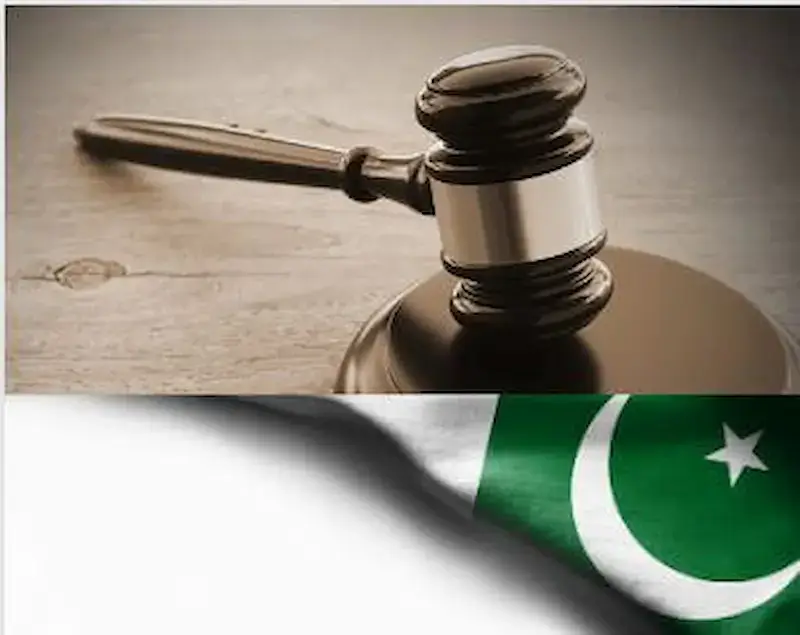Introduction to Pakistan’s Justice System
The history of the judiciary in Pakistan is intricately woven with the country’s political landscape. From its tumultuous beginnings to its current state, the justice of Pakistan has played a significant role in shaping the nation’s political trajectory. This article delves into the historical milestones and landmark rulings that have marked the judiciary’s impact on Pakistani politics.
Early Years and the Struggle for Independence
In the pre-independence era, the legal system mirrored British colonial rule. However, seeds of judicial activism were sown in the 1930s with cases challenging the legitimacy of colonial laws. Judges like Maulvi Tamizuddin Khan and Mohammad Munir played key roles in defining the early judicial landscape.
Post-Independence Journey of Ups and Downs in the Justice of Pakistan
Following independence, the nascent judiciary sought to establish its independence. However, frequent military interventions and political turmoil impacted its stability. The Ayub Khan era saw the infamous “doctrine of necessity” used to legitimize martial law, raising concerns about judicial subservience.
Landmark Rulings by the Supreme Court of Pakistan and Political Turmoil
The Zia-ul-Haq regime witnessed landmark rulings like the Zia-ul-Haq vs. Faiz Ali Chohan case, upholding fundamental rights against the military government. The late 80s saw the rise of judicial activism under Chief Justice Iftikhar Chaudhry, culminating in the Lawyers’ Movement and his eventual reinstatement. This period marked a turning point in judicial assertiveness. To better understand the political divisions influencing Pakistan’s justice system, explore our detailed Pakistan Political Map .
Balancing Act: Recent Rulings by the Supreme Court of Pakistan and Challenges for the Justice of Pakistan
Recent decades have seen the judiciary engage in politically charged cases, including Prime Ministers Nawaz Sharif and Imran Khan. These rulings have sparked debates about judicial overreach and potential politicization. The courts continue to grapple with balancing judicial independence with safeguarding democratic principles.
Challenges for the Justice of Pakistan
Despite significant strides, the Pakistani judiciary faces challenges like judicial backlog, resource constraints, and accusations of selective activism. Ensuring transparency, strengthening accountability mechanisms, and promoting judicial reforms remain crucial.
Conclusion
The history of the Pakistani judiciary is a complex narrative of independence, activism, and challenges. Its significant rulings have impacted the political landscape, prompting critical debates about the role of the courts in a young democracy. As Pakistan navigates its evolving political landscape, the judiciary’s independence and impartiality will remain crucial for upholding the rule of law and ensuring a stable democratic future.
To understand the broader socio-political landscape, explore our detailed analysis on the Justice of Pakistan and its impact on society.
For official updates, legal judgments, and case details, visit the Supreme Court of Pakistan’s official website .

